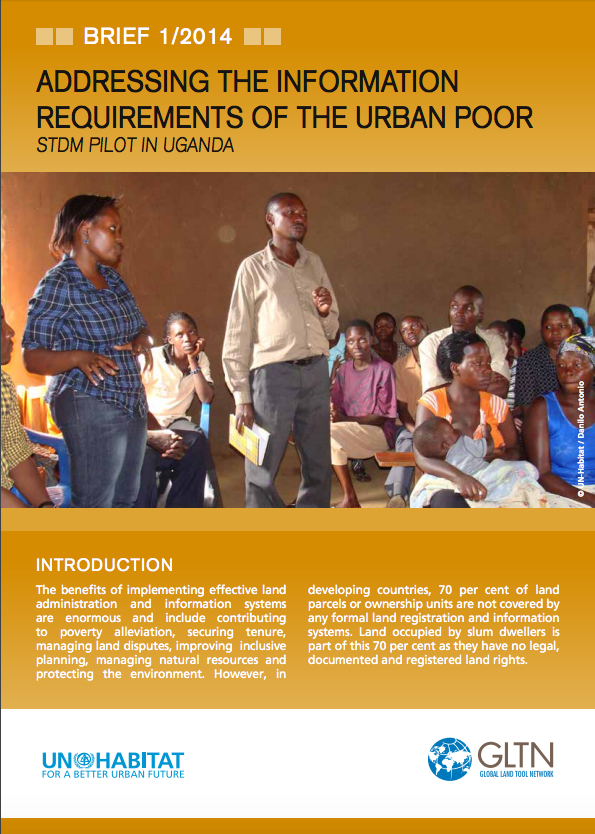City Finances of Ulaanbaatar, Mongolia
Ulaanbaatar's (UB) population has
swollen from half a million in 2001 to approximately 1.2
million in 2011, accounting for over 40 percent of the
country's population. This trend is likely to continue
as economic growth is increasingly concentrated in UB. With
its growing population and concerns in rising inequality,
the city is facing increasing pressure to maintain and
expand service provision (especially infrastructure). The


